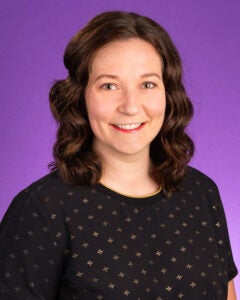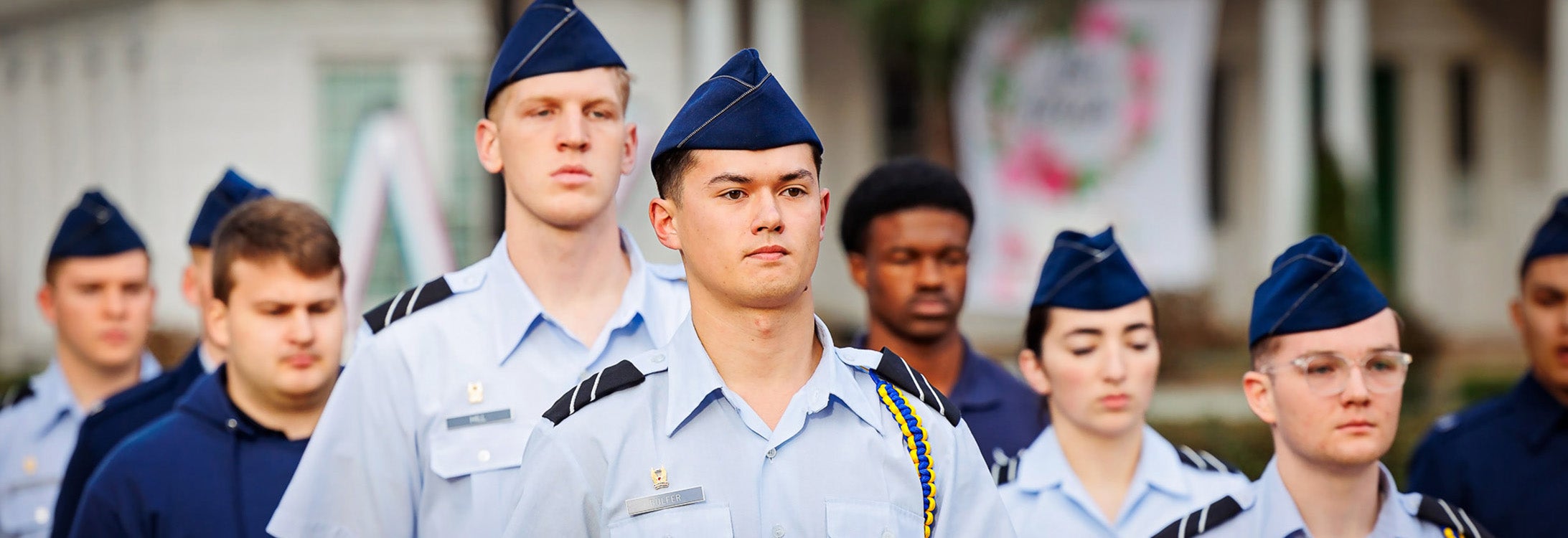ECU empowering providers to support military spouses
Dr. Kayla Fitzke earned East Carolina University and the College of Health and Human Performance a role in the OneOp inter-university cooperative agreement project aimed to further the services professionals provide to military families at the regional and national levels.
Fitzke and Kim Smith are ECU’s representatives focused on spouse employment. All team members in the five-year grant, with Auburn University as the primary awardee, will work directly with the U.S. Department of Defense and U.S. Department of Agriculture to provide research- and policy-based professional development opportunities.

Dr. Kayla Fitzke is the spouse employment principal investigator for OneOp.
“University-affiliated experts work alongside Department of Defense subject matter experts to ensure the professional development is timely and responsive to the needs of providers,” said Fitzke, an assistant professor in human development and family science, director of the ECU medical family therapy doctoral program and ECU’s principal investigator for this subaward. “The subcontract team at ECU will specifically focus on empowering service providers who help support military spouses achieve their education and employment objectives.”
The other participating institutions are Cornell University, University of Illinois Urbana-Champaign, University of Kentucky, North Dakota State University, Texas A&M Agrilife Extension, Virginia Tech and West Virginia University. The originating sponsor is the Department of Agriculture.
OneOp states its support of the DOD military family readiness system and long-standing partnership with the Department of Defense leads to meeting the professional development needs of service providers with programming that reflects complex and dynamic DOD priority areas. In addition to spouse employment, additional areas programming is offered includes in building communities, lifespan caregiving, nutrition and wellness, personal finance and family transitions.
“For me, translating research into tangible information that enhances the ability of service providers to support their target audience is the penultimate purpose of research,” Fitzke said. “That’s exactly what I get to do with OneOp. Service providers across the community and nation work with military families, even if they don’t always realize it. Helping service providers understand the challenges and barriers military families face regarding spouse employment will enhance their ability to serve military families and indirectly expand access to resources for military families.”
